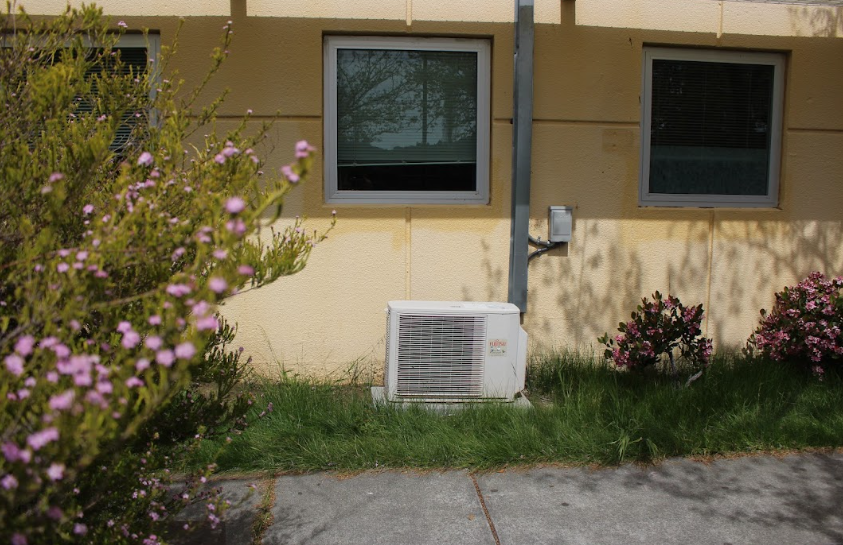Although Ebola, a virus that attacks the body’s organs and can ultimately result in death if left untreated, has spread from Western Africa to other countries including the United States, it is not currently believed to be a threat to Marin County, according to pediatrician Susan Gundez.
Nonetheless, local hospitals are preparing in case the outbreak spreads to Marin. Hospitals and other medical care facilities share as much factual information as they can with each other and the community.

“[There is] no reason for people at this point to feel panicked. It’s not here and we are doing everything we can to ensure that everyone is safe,” Gunduz said. “Should it come, we believe that we will absolutely be able to contain any threat.”
As of now, there have only been three cases in the U.S. – the most recent being a doctor in New York who contracted the disease working in West Africa.
Gunduz attended a conference organized by the American Academy of Pediatrics to discuss the virus and said that the disease has a 70 to 90 percent mortality rate if left untreated.
According to Marin Public Health Nurse Linda Ferguson, Ebola begins like many other diseases with symptoms of a fever, abnormal fatigue, and muscle weakness. The symptoms then progress to nausea and diarrhea and can eventually lead to organ failure and death.
Although the disease is spread through contact of bodily fluids, it is still highly contagious, according to Gunduz. A patient may sweat in response to their fever, and if another person comes in contact with the sweat, they can also become infected.
According to the Centers for Disease Control and Prevention, the virus can be also spread by contaminated objects and infected animals, but someone with Ebola is only contagious while experiencing symptoms.
The virus is not new. According to Ferguson, it has been present for several decades, but prior to this current outbreak, the disease was mostly isolated.
This specific outbreak began with a two year old boy in Guinea who most likely contracted the disease by eating the meat of an infected dead bat. From there, the disease spread to the boy’s immediate family and eventually the town, according to Gunduz.
The most important precaution in preventing a larger outbreak is isolating the disease, according to Ferguson.
“Hopefully the spread will stop by people being screened,” Ferguson said. “[Hospitals] generally [test] for fever and ask if they had any potential contact with someone who may have had Ebola. [If someone may have the disease, they are] put through various stages of monitoring.”
On Oct. 13, Marin General Hospital received a patient who was suffering from respiratory problems after returning from the Middle East. In response to the symptoms and a misinterpretation of the patient’s travel history, the hospital went into Ebola protocol.
To treat the virus, the body needs to be given fluids to replace those lost through bleeding, vomiting, and diarrhea, according to Gunduz. American hospitals have also been giving Ebola patients samples of blood from those who have lived through the disease because this blood contains antibodies that can help the victim in the same way as a vaccine.

















